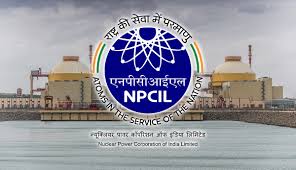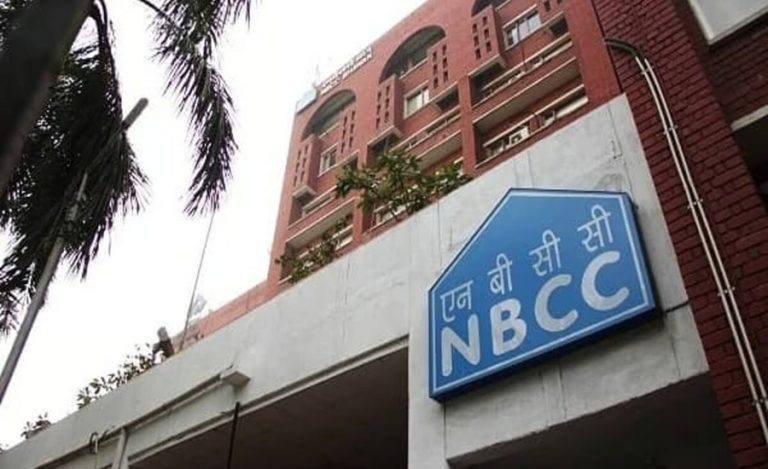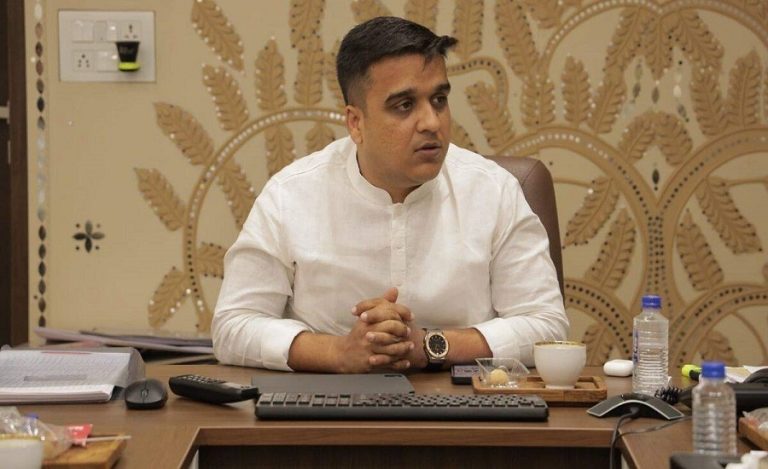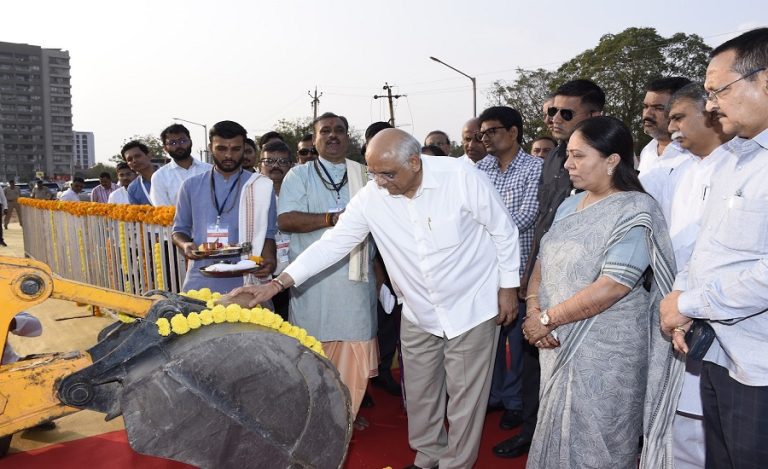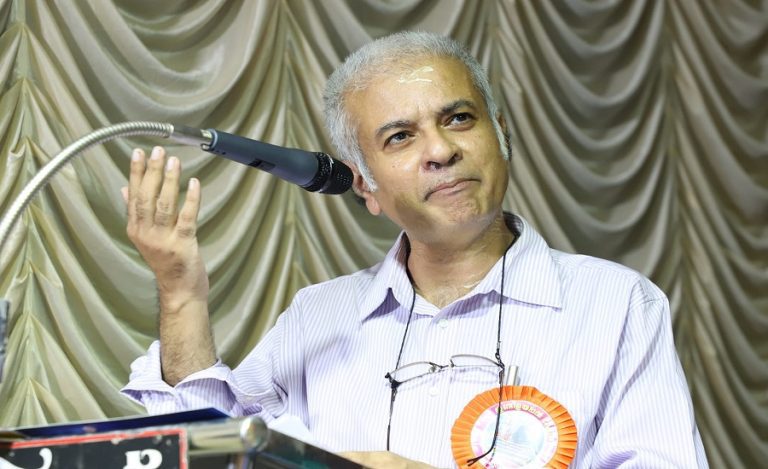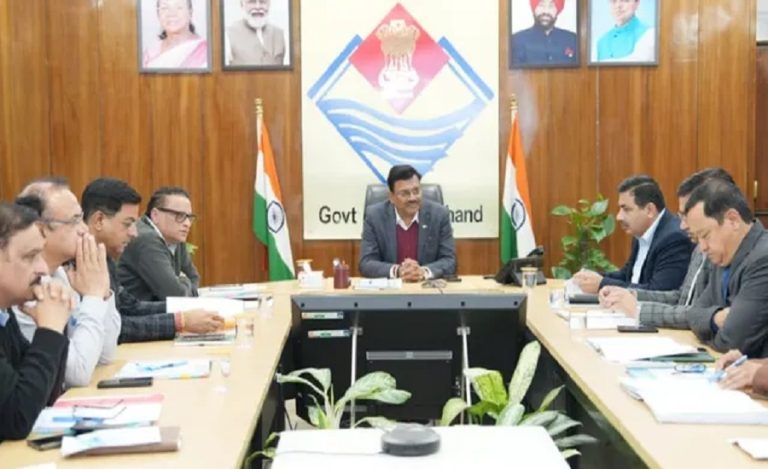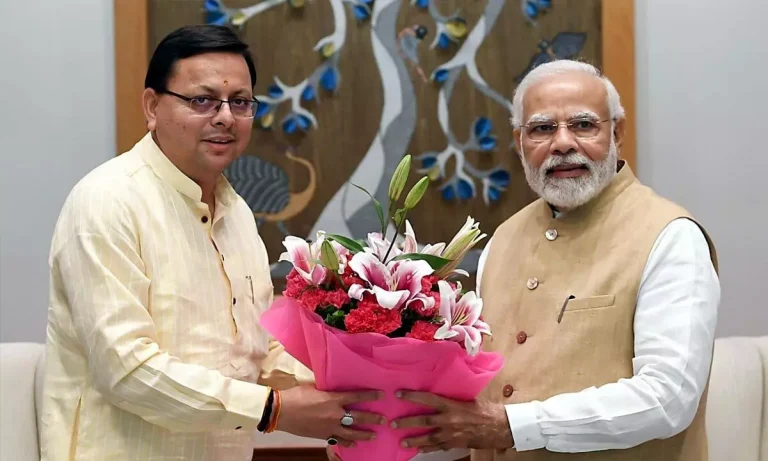New Delhi: In a significant boost to India’s nuclear energy expansion, the Atomic Energy Regulatory Board (AERB) has granted consent to the Nuclear Power Corporation of India Limited (NPCIL) to construct four 700 MWe indigenous Pressurised Heavy Water Reactors (PHWRs) at the Mahi Banswara site in Rajasthan.
Regulatory Clearance After Multi-Tier Review
According to AERB’s official order, the consent follows a rigorous three-tier safety and compliance review. The clearance is valid for five years from the date of issue – till May 7, 2030 – and is subject to conditions and compliance set by the board.
The AERB also clarified that any non-compliance will prompt re-review, and the approval is non-transferable without prior permission from the competent authority.
Read Also: Bhuwan Chandra Pathak to Continue as Director (Finance) at NPCIL – Know More About him
Part of India’s Fleet Mode Nuclear Expansion
The Mahi Banswara reactors are part of a broader national plan to establish ten indigenous 700 MWe PHWRs, approved by the government in June 2017. These reactors, when completed, will collectively add 7,000 MW to India’s nuclear capacity by 2031.
Other sites identified under this fleet mode include–
- Chutka, Madhya Pradesh (2 units)
- Kaiga, Karnataka (2 units)
- Gorakhpur, Haryana (2 units)
Project Led by NPCIL-NTPC JV
The Mahi Banswara project is being developed by Anushakti Vidyut Nigam, a joint venture between NPCIL and NTPC Limited. The joint initiative reflects India’s growing focus on clean energy generation and reducing reliance on fossil fuels.
Strategic Push for Energy Security
The AERB approval is seen as a strategic milestone in India’s energy roadmap, especially at a time when the country is diversifying its energy mix and strengthening infrastructure for critical and sustainable power generation.
With domestic capabilities in nuclear technology maturing, the project underscores India’s commitment to achieving energy security while meeting climate goals.
About NPCIL
NPCIL is a public sector enterprise under the Department of Atomic Energy (DAE), Government of India, responsible for generating electricity from nuclear power. It designs, constructs, commissions, and operates nuclear power plants, aiming to produce safe, environmentally friendly, and economically viable nuclear energy. NPCIL operates 24 nuclear power reactors with a total installed capacity of 8180 MW. Currently, NPCIL is constructing eight reactors with a total capacity of 6800 MW.

